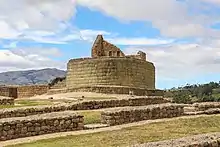Introduction
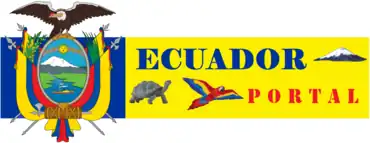 Ecuador Ecuador (/ˈɛkwədɔːr/ ⓘ EK-wə-dor; Spanish pronunciation: [ekwaˈðoɾ] ⓘ; Quechua: Ikwayur; Shuar: Ecuador or Ekuatur), officially the Republic of Ecuador (Spanish: República del Ecuador, which literally translates as "Republic of the Equator"; Quechua: Ikwayur Ripuwlika; Shuar: Ekuatur Nunka), is a country in northwestern South America, bordered by Colombia on the north, Peru on the east and south, and the Pacific Ocean on the west. Ecuador also includes the Galápagos Islands in the Pacific, about 1,000 kilometers (621 mi) west of the mainland. The country's capital is Quito, but its largest city is Guayaquil. The territories of modern-day Ecuador were once home to a variety of indigenous peoples that were gradually incorporated into the Inca Empire during the 15th century. The territory was colonized by Spanish Empire during the 16th century, achieving independence in 1820 as part of Gran Colombia, from which it emerged as a sovereign state in 1830. The legacy of both empires is reflected in Ecuador's ethnically diverse population, with most of its 17.8 million people being mestizos, followed by large minorities of Europeans, Native American, African, and Asian descendants. Spanish is the official language spoken by a majority of the population, though 13 native languages are also recognized, including Quechua and Shuar. Ecuador is a representative democratic presidential republic and a developing country whose economy is highly dependent on exports of commodities, namely petroleum and agricultural products. The country is a founding member of the United Nations, Organization of American States, Mercosur, PROSUR, and the Non-Aligned Movement. According to the Center for Economic and Policy Research, between 2006 and 2016, poverty decreased from 36.7% to 22.5% and annual per capita GDP growth was 1.5 percent (as compared to 0.6 percent over the prior two decades). At the same time, the country's Gini index of economic inequality decreased from 0.55 to 0.47. One of 17 megadiverse countries in the world, Ecuador hosts many endemic plants and animals, such as those of the Galápagos Islands. In recognition of its unique ecological heritage, the new constitution of 2008 is the first in the world to recognize legally enforceable rights of nature. (Full article...) Selected article -Barcelona Sporting Club (Spanish pronunciation: [baɾseˈlona]) is an Ecuadorian sports club based in Guayaquil, known best for its professional football team. Internationally known as Barcelona de Guayaquil, in Ecuador it is simply referred as Barcelona, El Idolo (BSC) or Los Canarios. They currently play in the Ecuadorian Serie A, the highest level of football in the country, and hold the distinction of being the only club in the Ecuadorian top flight to not have played in the Serie B. Barcelona Sporting Club is the most successful football team in Ecuador, having won the Serie A title a record 16 times, most recently in 2020. They have also won six regional titles (five in the professional era), and were the first Ecuadorian club to make it to the Copa Libertadores finals, making it twice, but lost on both occasions. (Full article...)CategoriesCategory puzzle Select [►] to view subcategories
Ecuador Ecuador-related lists Buildings and structures in Ecuador Ecuadorian culture Economy of Ecuador Education in Ecuador Environment of Ecuador Geography of Ecuador Government of Ecuador Health in Ecuador History of Ecuador Organisations based in Ecuador Ecuadorian people Politics of Ecuador Society of Ecuador Images of Ecuador Ecuador stubs Ecuador Articles
General images -The following are images from various Ecuador-related articles on Wikipedia.
Did you know -
Related portalsWikiProjects
Things you can do
For more information on how you can help, see the WikiProject Ecuador. Ecuador topicsAssociated WikimediaThe following Wikimedia Foundation sister projects provide more on this subject:
SourcesDiscover Wikipedia using portals
| |||||||||||||||||||||||||||||||||||||||||||||||||||||||||||||||||||||||||||||||||||||||||||||||||||||||||||||||||||||||||||||||||||||||||||||||||||||||||||||||||||||||||||||||||||||||||||||||||
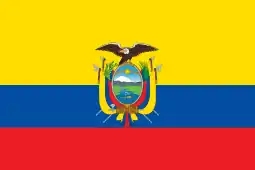

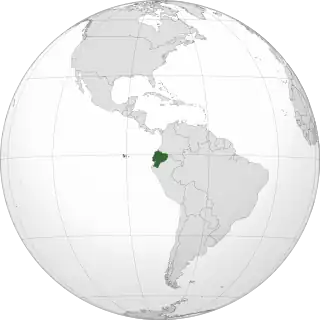
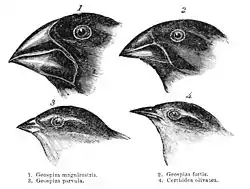
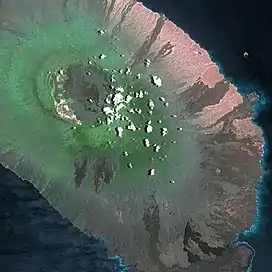


.jpg.webp)




.jpg.webp)
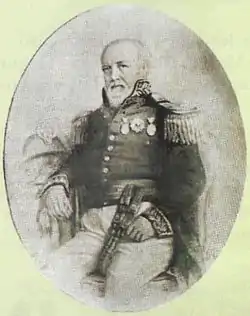
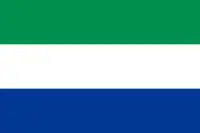
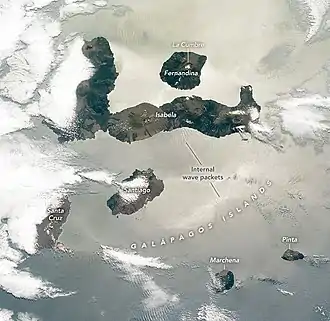
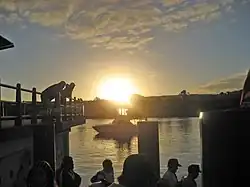
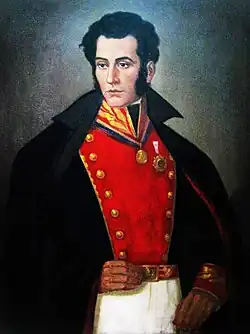
.jpg.webp)
_-_Santa_Cruz_Island.jpeg.webp)
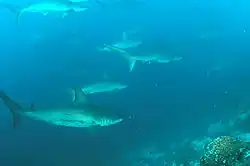
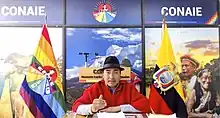

_-_Galapagos_(2225816313).jpg.webp)
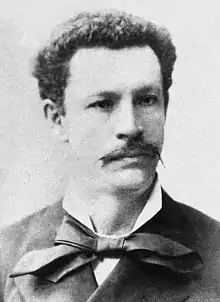
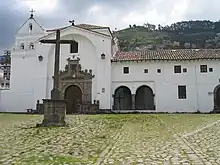
.jpg.webp)
.jpg.webp)
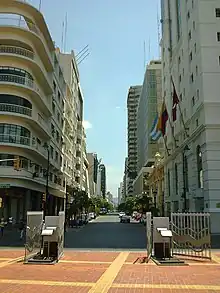
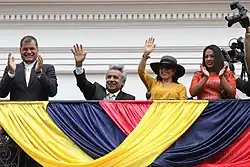
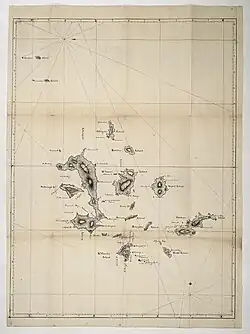

.jpg.webp)
_Tortuga_Bay_on_the_Island_of_Santa_Cruz%252C_Gal%C3%A1pagos.JPG.webp)
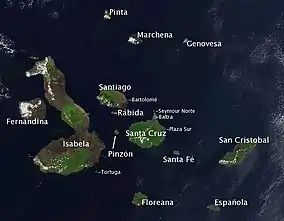
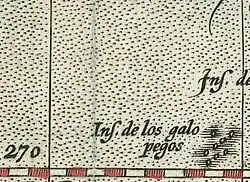

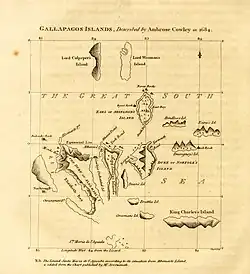

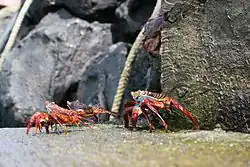


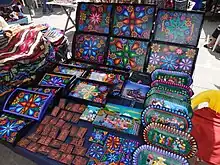
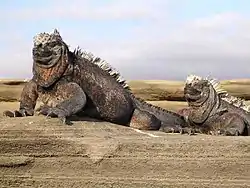
_-Espanola_-Punta_Suarez3.jpg.webp)

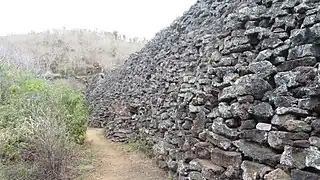
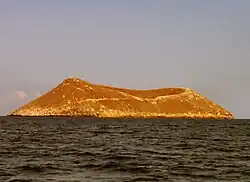

_-_Carta_XI_-_Divisi%C3%B3n_pol%C3%ADtica_de_Colombia%252C_1824.jpg.webp)

%252C_Published_1953.jpg.webp)
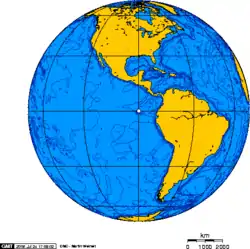
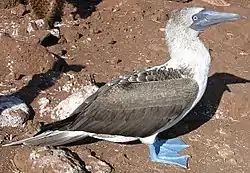
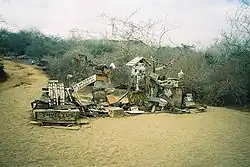

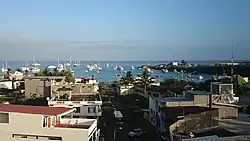

.svg.png.webp)

